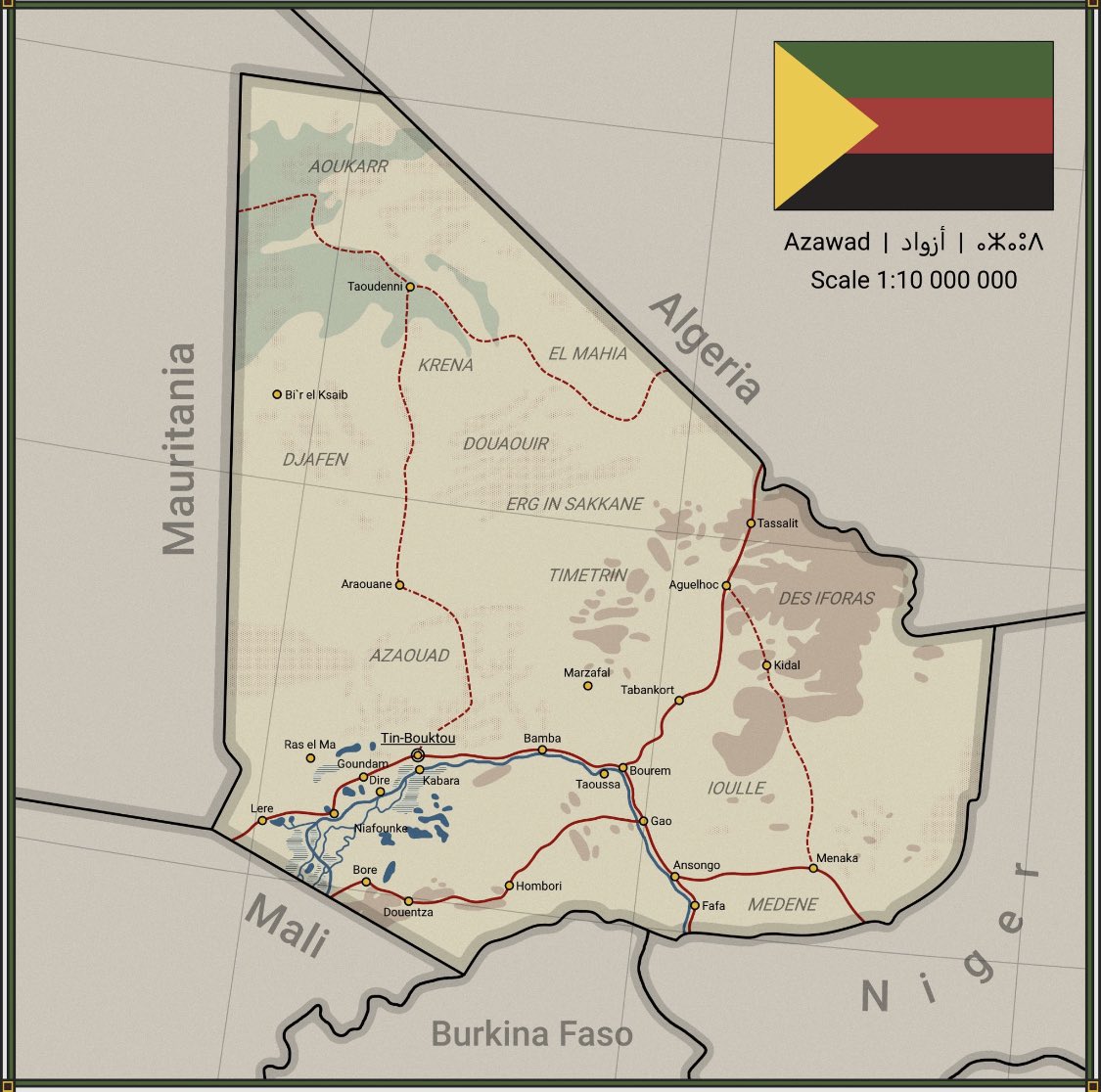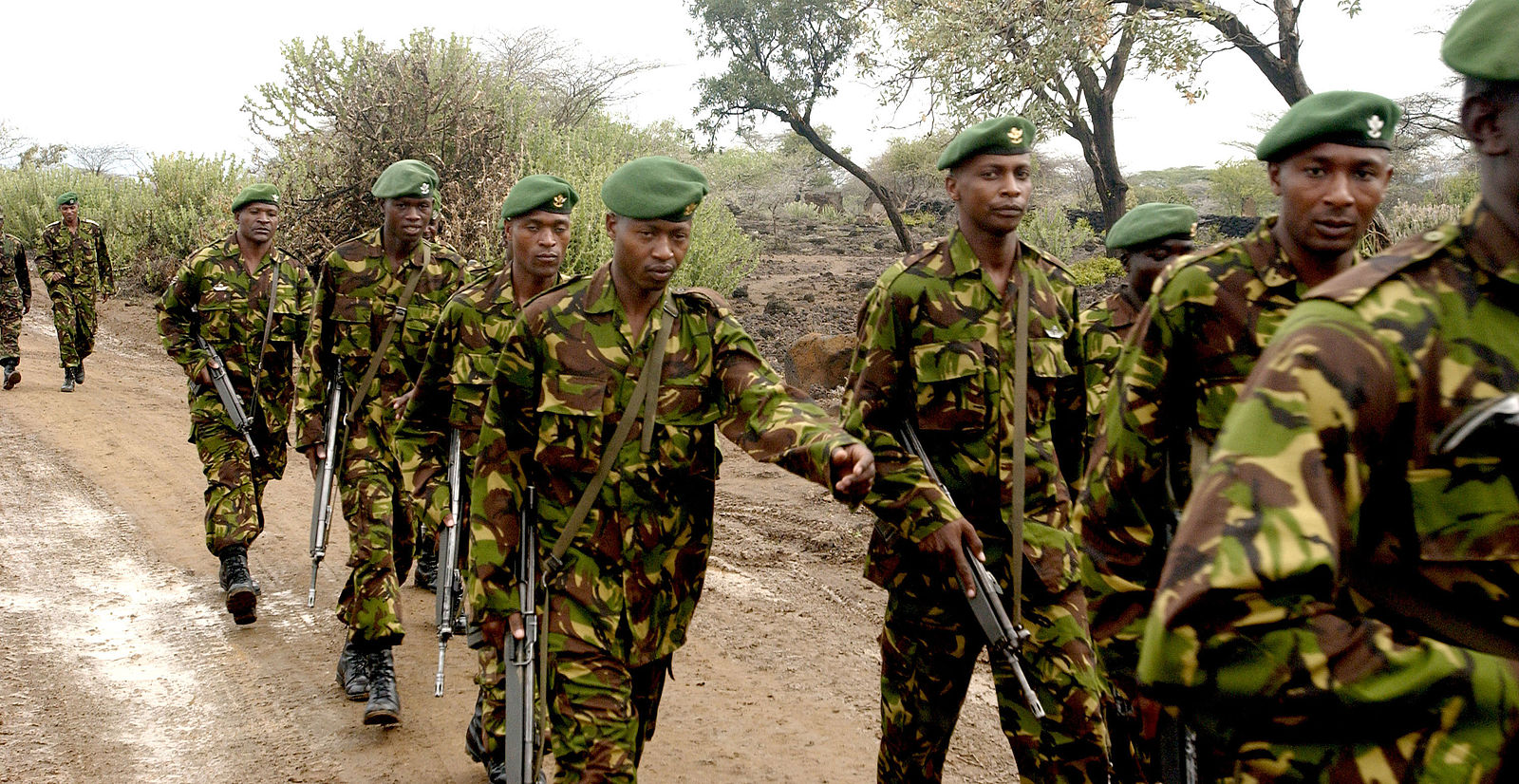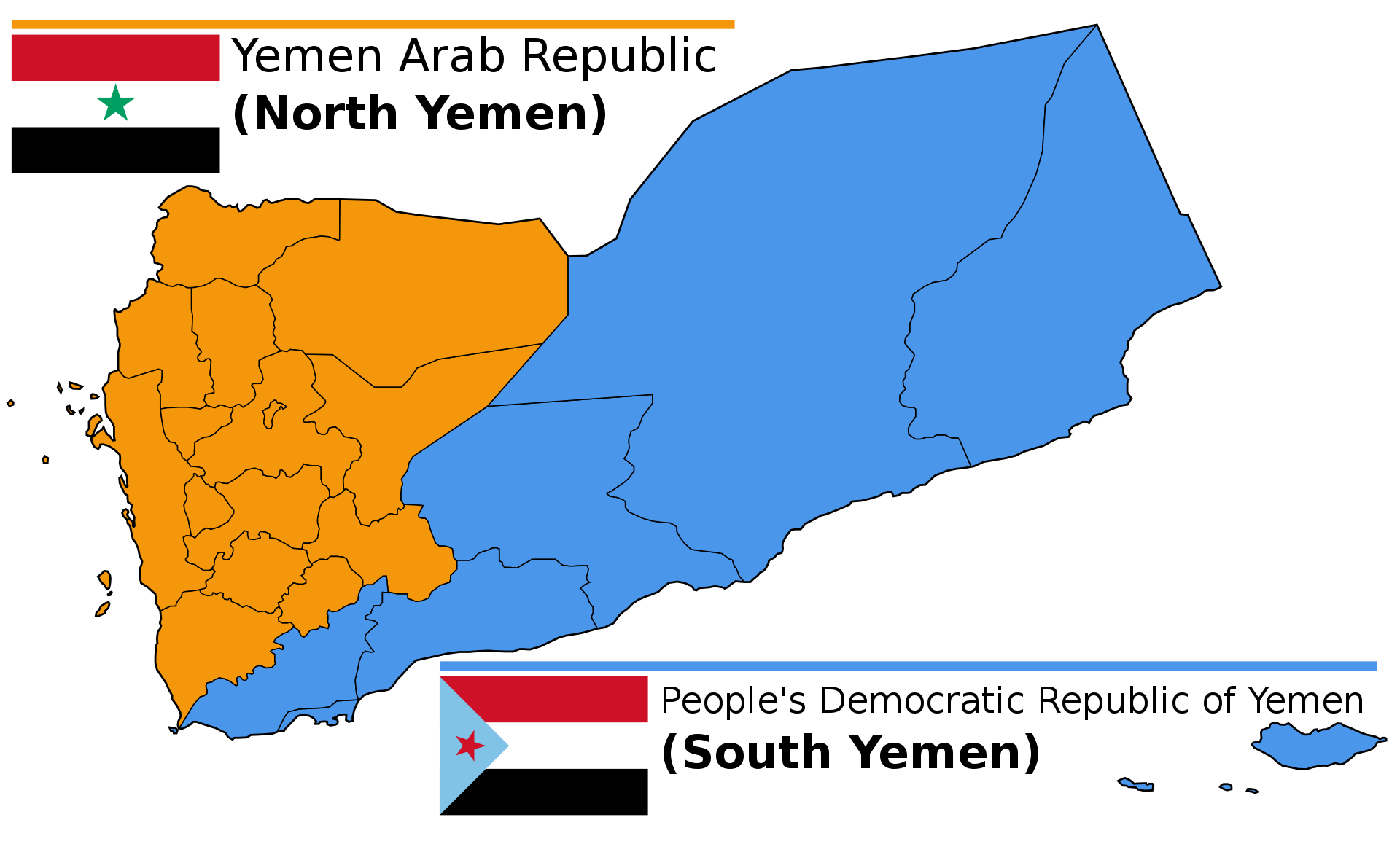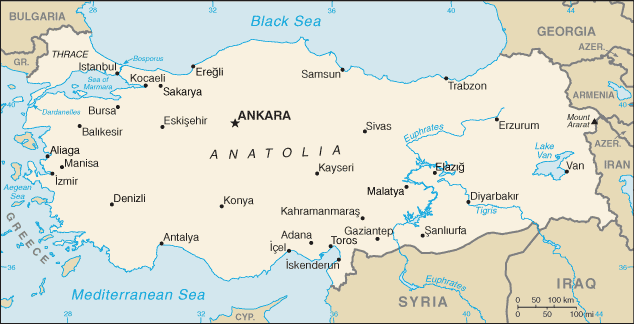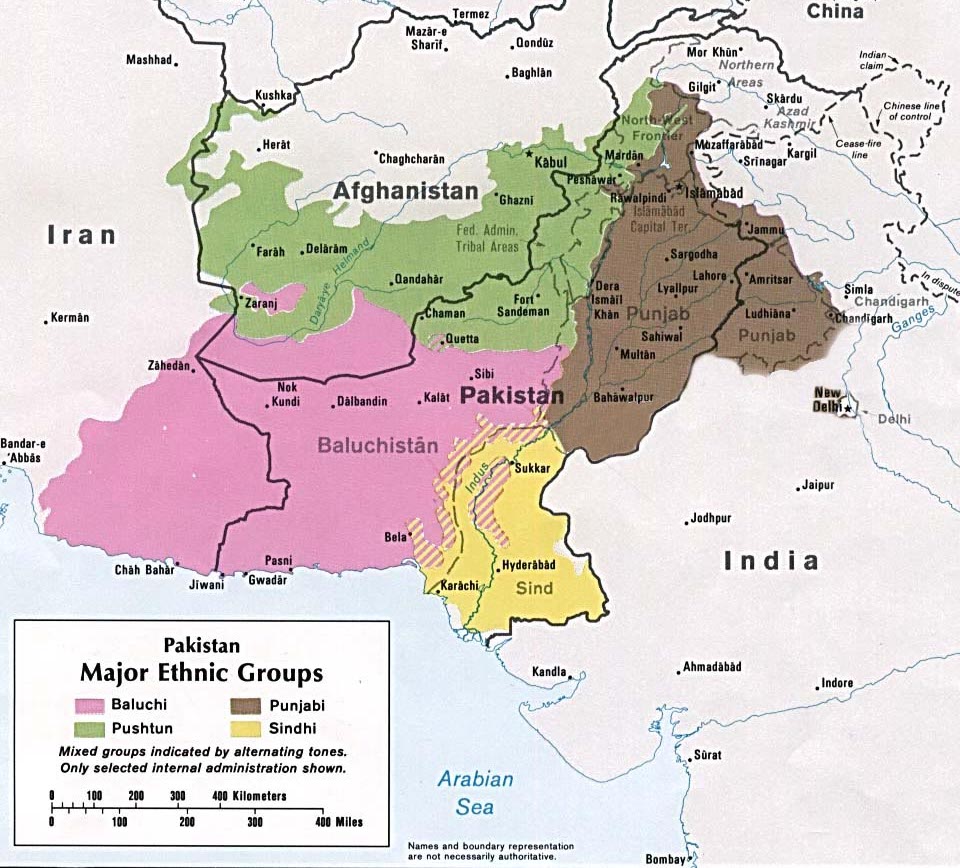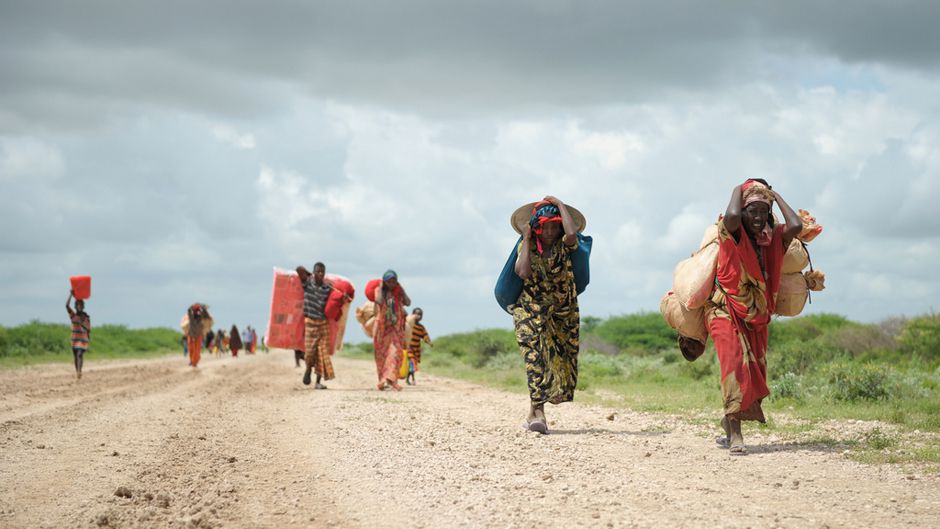
El Niño’s global food fallout
El Niño will drive global food aid needs even higher in the coming months, a new analysiswarns. The prediction comes as food aid agencies are already making ration cuts amid a budget squeeze. In July, meteorologists declared the onset of El Niño, a periodic climate phenomenon that usually brings drought to large stretches of the globe and wetter weather elsewhere. The analysis by the Famine Early Warning Systems Network says that humanitarian groups must prepare for “high food assistance needs.” Another climate phenomenon, the Indian Ocean Dipole, could amplify El Niño’s effects—with both compounded by the climate crisis. This September was the hottest ever recorded. “The temperature anomalies are enormous—far bigger than anything we have ever seen in the past,” Petteri Taalas, head of the UN’s meteorological agency, WMO, said in a press release. (Photo of displaced families in Somalia: UN Photo/Tobin Jones via Flickr)



